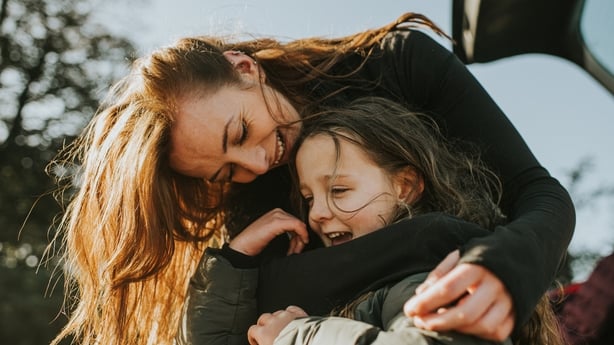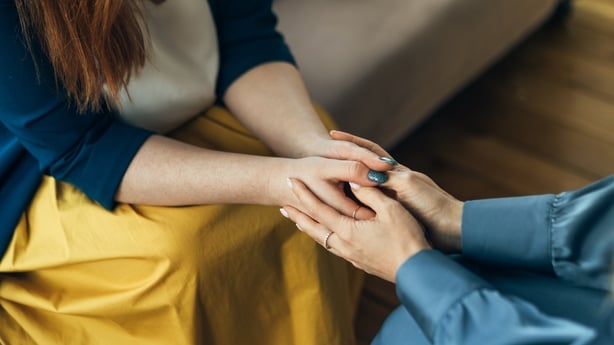Births, marriages, deaths. Major milestones in life tend to have rituals associated with them. But minor milestones can also have ritualistic status. And events which could not be in any way described as milestones can, behavioural psychologist Padraig Walshe tells Sarah and Cormac on Drivetime, be classed as micro-rituals.
But what makes something a ritual and why is one thing a ritual and one thing not a ritual? Padraig explains:
"A ritual is something that we do purposefully. And they're intentional, they’re imbued with meaning and purpose. So we can have something like a micro-ritual – like you said, our morning coffee or our morning personal routine or how we prepare ourselves for exercise."

There are also macro-rituals – or just rituals – which are grander in scale and often involve events like births and deaths and lots of things in between. They’re purposeful and they’re intentional, but what are they for? Why do we have them? Ath their most effective, they get us from one state to another:
"They’re designed to evoke certain emotions within us. That might be, you know, the example of somebody going into a yoga studio. Collectively we aim to, we go in with a certain mindset, with a certain feeling, with a certain set of thoughts. We go through certain behavioural actions and we leave – hopefully – feeling differently."
So, the TL;DR of it is that rituals are sets of behaviours designed to make us feel and think differently. Does that mean, Sarah wonders, that rituals are good? They can be, Padraig says:
"If you are a parent, you know, and you’re trying to create rituals, they can be outstandingly helpful for creating that sense of security, consistency and safety around your children."
A sign of a good parenting job done is when your child tells you they’re bored because Friday is always movie night and Saturday is also pizza night and everything is always the same. That’s a gift we can give our children, apparently. But not in the Ó hEadhra household, it seems, as Cormac tells Padraig that he can’t think of any rituals in his life. Does that imply his life lacks meaning? No, Padraig says:

"It just means you’re not tuned into the rituals that already exist and sometimes we inherit these rituals, so I’m sure there are traditions that you would have around Christmas, or that you would generate yourself, or even within your family, for your own sake, you will have rituals that you will consciously do, you know, you may have consciously done them 10 years ago, 20 years ago, Cormac, but they have evolved and they remain as something that you lean on."
Perhaps sensing his moment to claim a ritual for himself, Cormac shares that he likes to cut his scones into quarters, but that’s an oddity, not a ritual, Padraig tells him. Because rituals are often things that are done with others and don’t usually involve fruity baked treats accompanying your tea:
"Usually rituals are collective things that we do socially, so they’re designed for social bonding. Rituals are the idea of, you know, releasing endorphins when we sing together, where we have a sense of ceremony around it."
Food – quartered scones aside – can often be ceremonial in the way we approach it and we can use that sense of ritual to evoke certain feelings, depending on the circumstances. So, it could be family bonding, it could be team building in a work context.

In this country, of course, for centuries religious ritual made up a big part of many people’s lives. But in today’s Ireland, there are those who may have been religious but aren’t any longer and those people may be searching for something to replace that ceremonial hole in their lives.
Religion, Padraig says, always had a psychological comfort for Irish people and when, for example, we’re saying goodbye to someone for the last time, ritual can have a positive effect:
"We end up saying 10 decades of the rosary and you say the same thing over and over again with the people you love around you because saying something that can console you emotionally, saying something that can create some sort of cognitive reason just defies those moments, so that ritual is designed to comfort, it’s designed to bond."
You can hear Sarah and Cormac’s full conversation with Padraig by clicking above.
